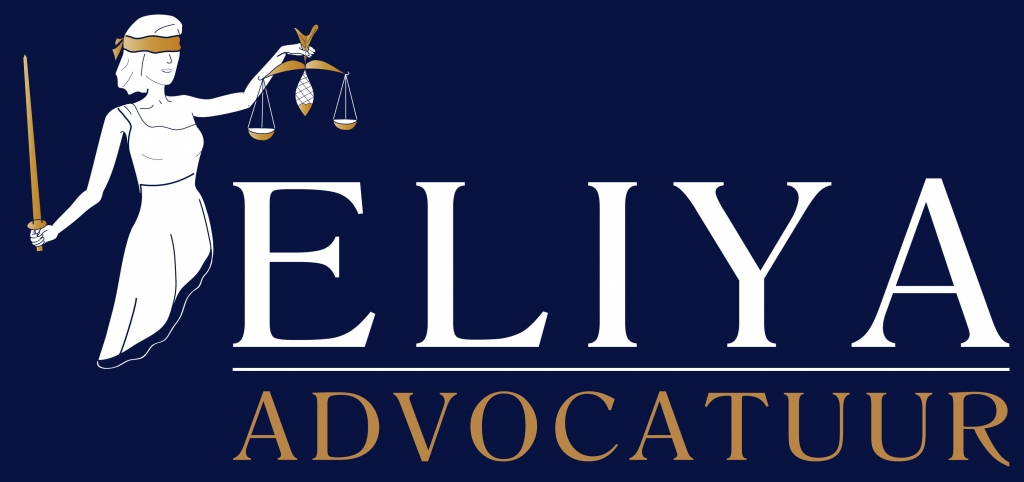A hold harmless agreement, also known as an indemnity agreement, is a legally binding contract between two or more parties that protects one or both parties from any legal claims or lawsuits that arise from their actions or inactions. In the case of a hold harmless agreement for a home, this contract would typically be between the homeowner and a contractor or service provider.
When a homeowner hires a contractor to perform work on their home, such as a renovation or repair, there is always the risk of accidents or mistakes occurring. For example, a contractor could accidentally damage the homeowner`s property, or a homeowner could be injured while the work is being done. In these situations, a hold harmless agreement can provide important protection for both parties.
The basic principle behind a hold harmless agreement is that one party agrees to indemnify, or “hold harmless,” the other party from any legal claims or liability that arise from the work being performed. This means that if a third party, such as a neighbor or building inspector, files a lawsuit against either the homeowner or the contractor, the other party will not be held responsible for any damages or legal costs.
In addition to protecting both parties from legal liability, a hold harmless agreement can also help to establish clear responsibilities and expectations for the work being performed. The agreement should outline the scope of the work, the timeline, and any specific provisions or requirements that need to be met. This can help to prevent misunderstandings or disputes from arising during the project.
If you are a homeowner who is planning to hire a contractor for work on your home, it is important to consider whether a hold harmless agreement is necessary. While not all projects will require this type of contract, it may be beneficial for larger or more complex projects where there is a higher risk of legal liability. A qualified attorney or experienced copy editor can help you to draft a hold harmless agreement that meets your specific needs and protects all parties involved.












